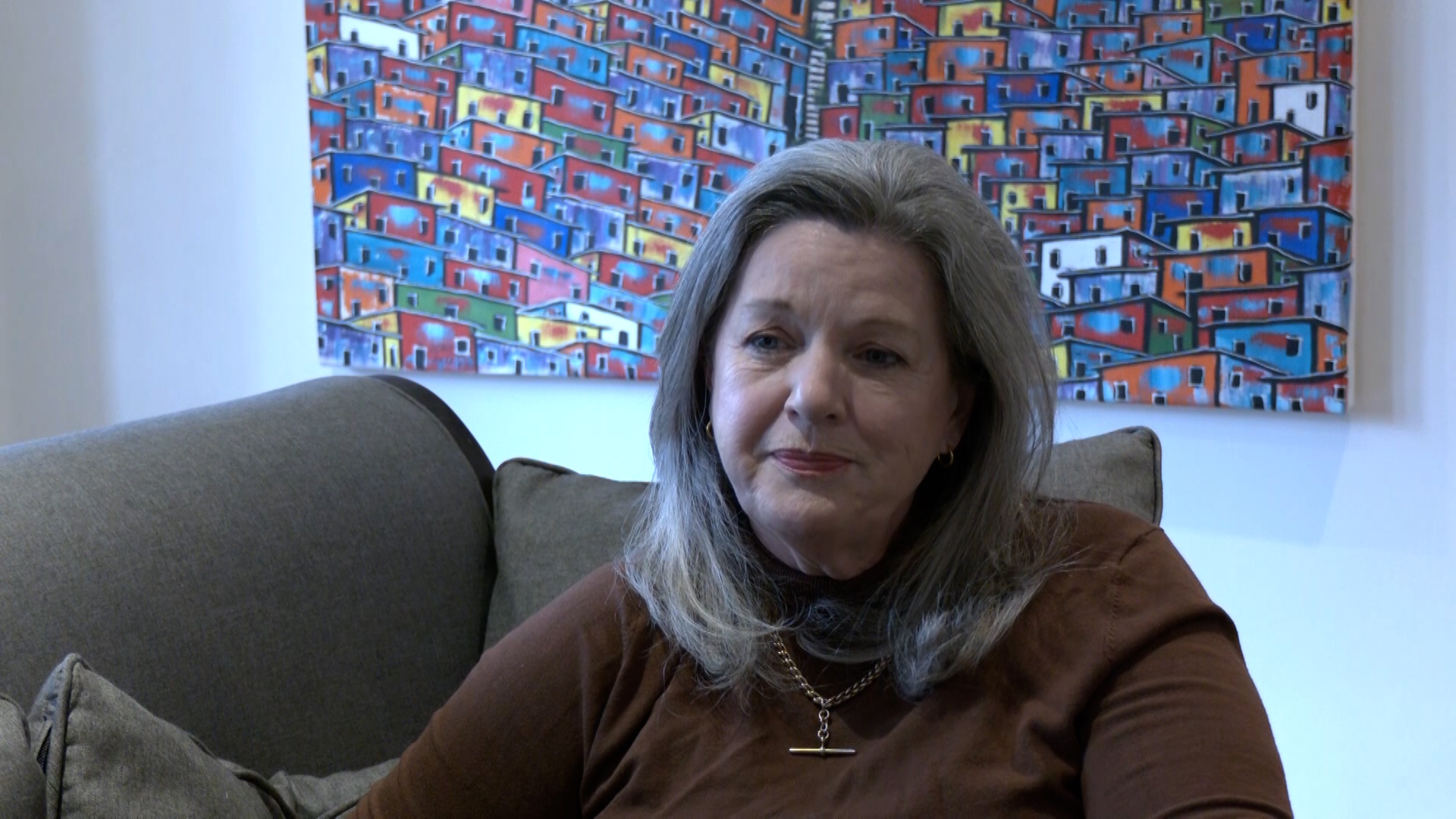
Is journalism in crisis after massive cuts across Canada, or is the media facing an adaptive and transformative change that could bring considerable progress?
“The changes started in the 90s and it’s just got worse and worse, or better and better… depending on how you look at it.” Said award-winning journalist Kate Wheeler, in an interview held by S@Y News.
At the end of January 2024, massive job cuts were made by large journalism companies including Bell Media, CBC and Norstar causing considerable concern throughout the industry and beyond.
In an article published in February by Sammy Hudes from The Canadian Press, Bell Media announced employee cuts of 4,800 positions, the cancellation of multiple television newscasts and the selling of 45 of its 103 radio stations across British Columbia, Ontario, Quebec, and Atlantic Canada.
The President of CBC Radio, Catherine Tait, announced the company would cut 10% of its workforce, end some of its programming, and remove 200 vacant positions. This announcement was reported in an article published at the end of 2023 by Catharine Tunney.
The Toronto Star also made major cutbacks, as Norstar, the company that governs the paper, announced it was cutting around 60% of its total workforce.
The big question is: what is all this due to?
Most representatives of these companies have said the sell-offs and job cuts are basic economics. “There is no more viability in the business,” said Bell chief legal and regulatory officer Robert Malcolmson in an interview with The Canadian Press.
This justification is nothing new in the industry but raises the question of whether broadcast telecoms in particular should be providing news as a public service in return for the privilege of making huge profits in their other divisions such as cellular and internet.
Wheeler explained that when the internet became a thing back in the 1990s, advertisers grew less and less interested in traditional advertising.
“Advertisers started to see that they could reach as many people for considerably less money via the Internet,” said Wheeler.
Similarly, Jeffrey Dvorkin, director of the journalism program at the University of Toronto, thinks things have definitely worsened over the last few years as media organizations face increasing economic stresses.
“Journalism is not seen as a profit center by media organizations, and so what they have done is make their news gathering operations smaller,” said Dvorkin.
Declining advertising revenue, along with falling markets, a lack of government aid, rising production costs, and some unfavourable Canadian public policies with Bill C-18 and Bill C-11, have combined to create a journalism crisis in Canada.
CBC’s “Power and Politics” program stated that local news needs to be more of a centre point.
Dvorkin agrees saying “sources of basic information that serve underserved audiences are the missing link right now”.
To this end some experts believe the challenges for big national companies could be beneficial for local stations, as new owners bring advantages and skills that can contribute to success. Carleton University journalism professor Dwayne Winseck gave some insight into this in an interview with the Canadian Press.
“Most of the buyers are well-established, smaller, regional, and local broadcasting stations,” Winseck said.
Likewise, Kate Wheeler and Jeffrey Dvorkin talked about local-focused news being key for more engagement and ad sales.
“There are a number of very smart young people who are looking at better ways of serving local audiences through better media and more empowerment of those audiences,” said Dvorkin.
“Local news can be profitable because people want to know what’s going on in their community and advertisers want to raise awareness of their brand by supporting the community in which they sell,” said Wheeler.
Without a doubt there is an enormous task ahead for governments and academic institutes to align these transformations into significant, practical, and viable options. CBC journalist Jenna Benchetrit published an article last year explaining that many journalism programs across Canada have faced low enrolment, while others have actually been shuttered. The article highlights the opportunity and necessity to reinvent and refresh the curriculum relating it to the digital age.
“You need to develop different ways of storytelling… I think investigative reporting and documentary reporting are going to be great skills to learn in the future, and they can be played across all broadcast mediums,” said Wheeler.
Wheeler points out the need to be adaptable and recognize how advances in technology have a tremendous impact on journalism and society itself. For her, change is something that is continuous
“You can now go live with breaking news on location via your cell phone and instantly reach thousands upon thousands of people around the world – sometimes I don’t think young reporters realize how incredible that truly is – and what a change for the better,” said Wheeler.
Having a deep passion for what they do, Wheeler and Dvorkin have some advice for journalism students.
“We may be on the precipice of a truly big change, but we have the capability to be authentic, to be loyal in telling our viewers what they need to know, to be inclusive – to connect our community. That’s what we need to be concentrating on,” said Wheeler.
Summarized from both interviews, students should focus more on investigative reporting, have strong digital media skills, uphold journalistic practices and principles and at all costs avoid having an agenda. That, they say, should be left to the opinion pages and not the newscast.
Unwrapping The Truth Episode One – Talking about the crisis of journalism
Veteran journalist Kate Wheeler Speaks about the importance of local news
Adjusting the way news is presented
Journalism professor Jeffrey Dvorkin speaks about what the internet did to the TV news audience
Local News may have a bright future
Producers: Sam Aucoin and Alejandra Jimenez
Interviewers: Alejandra Jimenez and Logan Bennett
Reporter: Logan Bennett
Production: Sam Aucoin
Anchor: Sam Aucoin
Podcast Host: Breiner Henao
Podcast Guest: Logan Bennett
Video and B-Roll: Sam Aucoin, Breiner Henao, and Francisca Oppong
Article By: Alejandra Jimenez
Editors: Kate Wheeler and Sam Aucoin
Interview Subjects and Special Thanks: Jeffrey Dvorkin and Kate Wheeler
Web: Sam Aucoin, Alejandra Jimenez, Francisca Oppong, Breiner Henao, Jacob Machado, and Logan Bennett









Be the first to comment